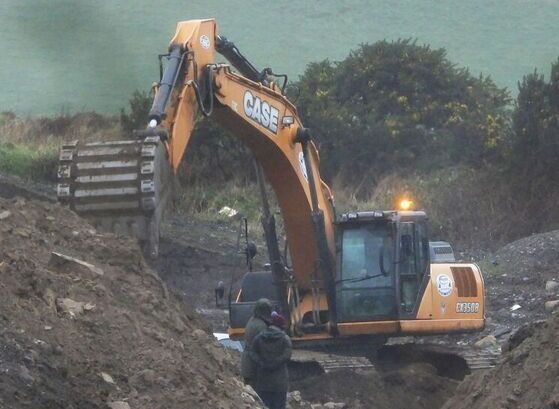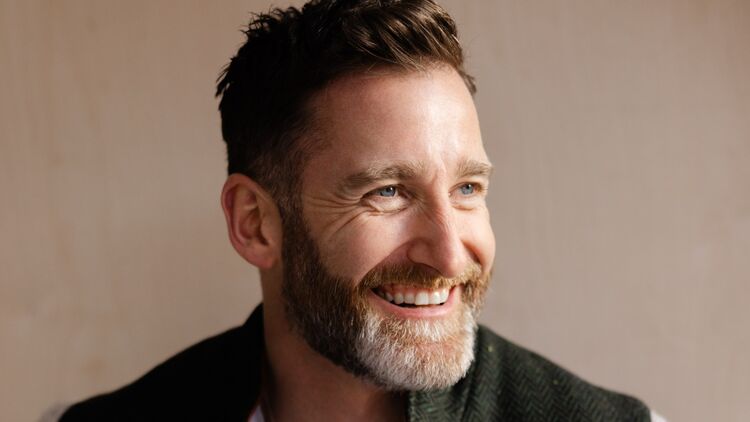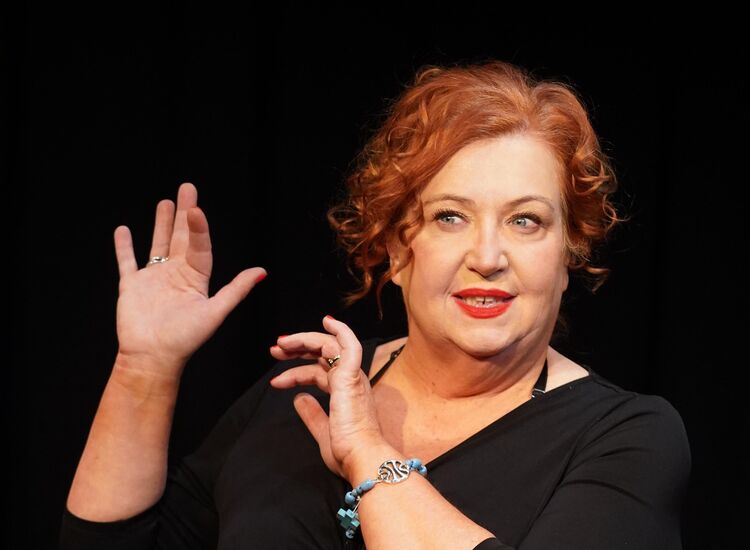Michael Connelly’s novels have sold 59 million copies worldwide. “The Burning Room” is the 17th Harry Bosch book, the latest in the “finest crime series written by an American,” according to the Washington Post.
By Peter McDermott
Best-selling crime writer Michael Connelly has been treated well by Hollywood over the years, and he’s been treated badly.
In the latter category is the fact that his Harry Bosch books, which have sold tens of millions of copies, were tied up for 12 years in a movie project that went nowhere.
But the good news is that the fictional LAPD detective is destined to be a television regular soon, courtesy of Amazon Studios.
“It was an offer I couldn’t refuse,” said Connelly, whose most recent novel, “The Burning Room,” is published this week. “When Amazon wanted to do this, they only wanted to do it if I was involved and involved in a big way.
“I’m not the boss or running the show [‘Bosch’], but I have a say, a creative say, and it’s been fun and fulfilling.
“When I finally got them [the rights] back two years ago, I didn’t even think of selling them to the movies,” Connelly said. “I had a few offers, but I dismissed them right away.
“TV is where it’s at – TV is where you can really delve into character and have hours to do it,” the novelist said.
Both Clint Eastwood (“Blood Work,” which the actor directed in 2002) and Matthew McConaughey (“The Lincoln Lawyer” in 2011) have played established Connelly characters, neither of them, though, Harry Bosch. The writer is particularly protective of the LAPD detective, the central figure in 17 of his books. And the screen, big or small, is where things can stray radically from the writer’s vision.
“Any creative person is going to have that concern. You go into a room by yourself and create. It means a lot to you,” Connelly said. “To hand it over to other people who are going to tell that story again, but in quite a different way, is a scary process.
“In the contract, I can veto anything, but I surrounded myself with people who knew the books and liked the books and cherished the books and are predisposed to be protective and then on top of that I can say ‘Harry would never do this.’
“I’ve probably only said that twice,” said Connelly, who at the time of the interview with the Echo was at work on the 6th of the 10 episodes of “Bosch.”
“It’s more a negotiated way of trying to get the Harry Bosch point of view across. I’m lucky. I don’t need to have it in the contract with the group of people I’m involved with. They take me at my word,” he said.
Huge transition
Connelly’s new role as screenwriter is, he said, “under the category of teaching an old dog new tricks,” involving as it does telling a story in a different way.
“I’ve always been able to go inside his head and to write about what he thinks, how he sees the world,” the novelist said, “and I think these are key aspects of his personality and the key things that made him connect with readers and be successful around the world. And those things go out the window when writing a screenplay – you can’t talk about what somebody is thinking or how they view the world.
“That’s a huge transition for me,” he said. “Luckily, I’m not by myself in any of this writing.”
Connelly began his writing career as a journalist in Florida, after he graduated college. The family, though, started out in Philadelphia, where he was born on July 21, 1956. The novelist, whose eight great-grandparents were Irish immigrants, told the Echo in 2011 that he still had 25 cousins in the city.
His mother, a homemaker, and father, a builder, left with their six children in the late 1960s in search of opportunity in South Florida. Connelly, the second-born, inherited his mother’s interest in crime fiction and as a young journalist he was inevitably drawn to crime stories.
One assignment proved to be a turning point of sorts. It involved tagging along with a homicide detective named Sgt. Hurt for seven days. He recalled about Hurt in the previous interview in the Echo: “I knew there was a lot of internal world there, a lot of internal things going on.” He quoted the former LAPD officer and fellow novelist Joseph Wambaugh saying that “stories are not about how cops work on cases, but on how cases work on cops.”
Connelly said of Harry Bosch: “He’s a kind of a court of last resort for victims, and I think in a way he revels in that. He has this ability to make cases personal, if they’re not. The key for him as a detective is to get angry about cases and that gives him the juice he needs to be relentless to carry out the mission.”
Working later for the Los Angeles Times, Connelly developed contacts with homicide detectives and today he has a “small cadre” of LAPD officers from the cold-case squad that help keep his work authentic.
The cops have all visited Connelly on the “Bosch” set.
“I’ve been on set two or three, sometimes five days a week. Yesterday, I was on the set from 10 to 10,” he said in a phone interview.
Asked if he enjoyed it, he responded: “Yeah, I do. The hours are long but it’s such a counterpoint to what I’ve been doing as a writer for 25 years. I work in a room by myself; when I’m on a set it’s like a little city -- there’s 150 people, all working there because of what I did back in that room by myself. That’s not lost on me. It’s a pretty cool thing to see happen.”
There is a writing staff of eight people on the show, “all of them experienced, all great writers,” he said.
Connelly added: “We always want at least one writer on set to watch everything being set up, make sure it’s as written, make sure the subtleties of each scene are understood. So, many times that’s me. Most of the time, we have more than one writer on set.
“They have a thing called a video village where everything shot is shown on the screen, so you can see exactly how it’s going to be,” he said.
“If it’s good it’s good, if needs a tweak or something is missed, you are there to watch over that,” said the novelist, who is married and has a teenage daughter.
Visual influences
Connelly feels his life has come full circle in a way. He grew in the 1960s and early ‘70s loving film adaptations like “Bullitt,” “In the Heat of the Night,” “The French Connection,” and “The Godfather.”
“There are tons of transitions, adaptations from books that are pretty inspiring,” he said, citing also an example from a later era, “Silence of the Lambs.”
Now, he said, “very few, subtle films, whether they’re crime films or not, are getting made.
“It’s transitioning into TV where you can do great serialized stuff.”
Connelly referenced an article in the previous day’s Hollywood Reporter about the TV renaissance: “There are over 200 shows on right now, which is amazing. No wonder it’s drawing a lot of talent.”
A two-hour movie, if successful, might lead to another two-hour movie. But on TV, success could lead to 60 hours or 75 hours of screen time.
“It’s really unlimited if we start out by making something good,” Connelly said.
He’s happy about that prospect, not least because it’s another full circle traveled.
“I loved shows like ‘Kojak’ and ‘Mannix,’” he said.
They helped make him the writer he became, he believes, influenced as he was by the visual as much as by reading giants like Raymond Chandler.
And for good measure, the novelist pointed out that Amazon Studios’ boss is Roy Price, the grandson of Roy Huggins, who was responsible for “The Rockford Files,” “Maverick” and “The Fugitive” and was of one of most influential TV writer/creators and producers ever.
“I feel a kinship to that, [because] those are the shows that got me interested in crime stories,” Connelly said.
“Bosch,” starring Titus Welliver, will be broadcast on Amazon Prime in early 2015.








